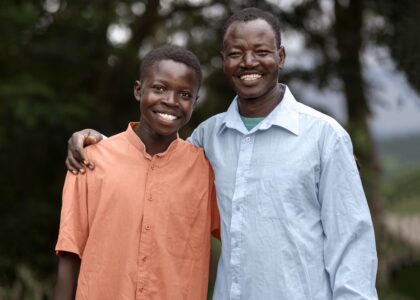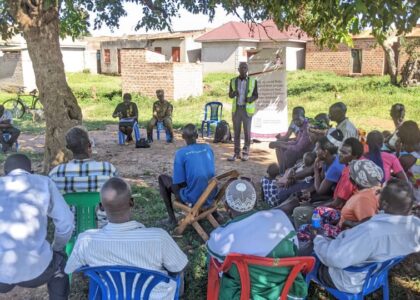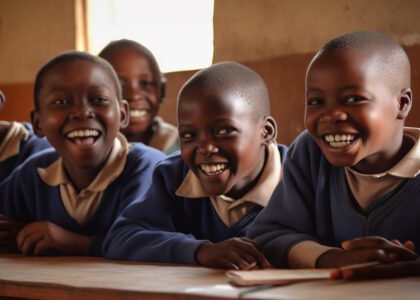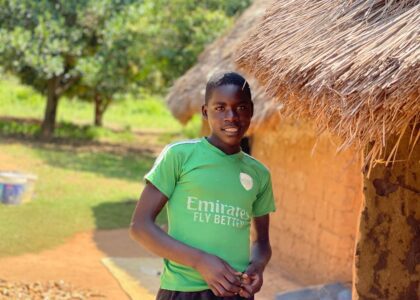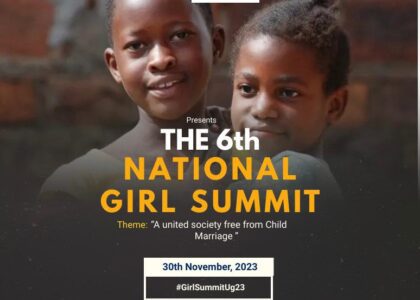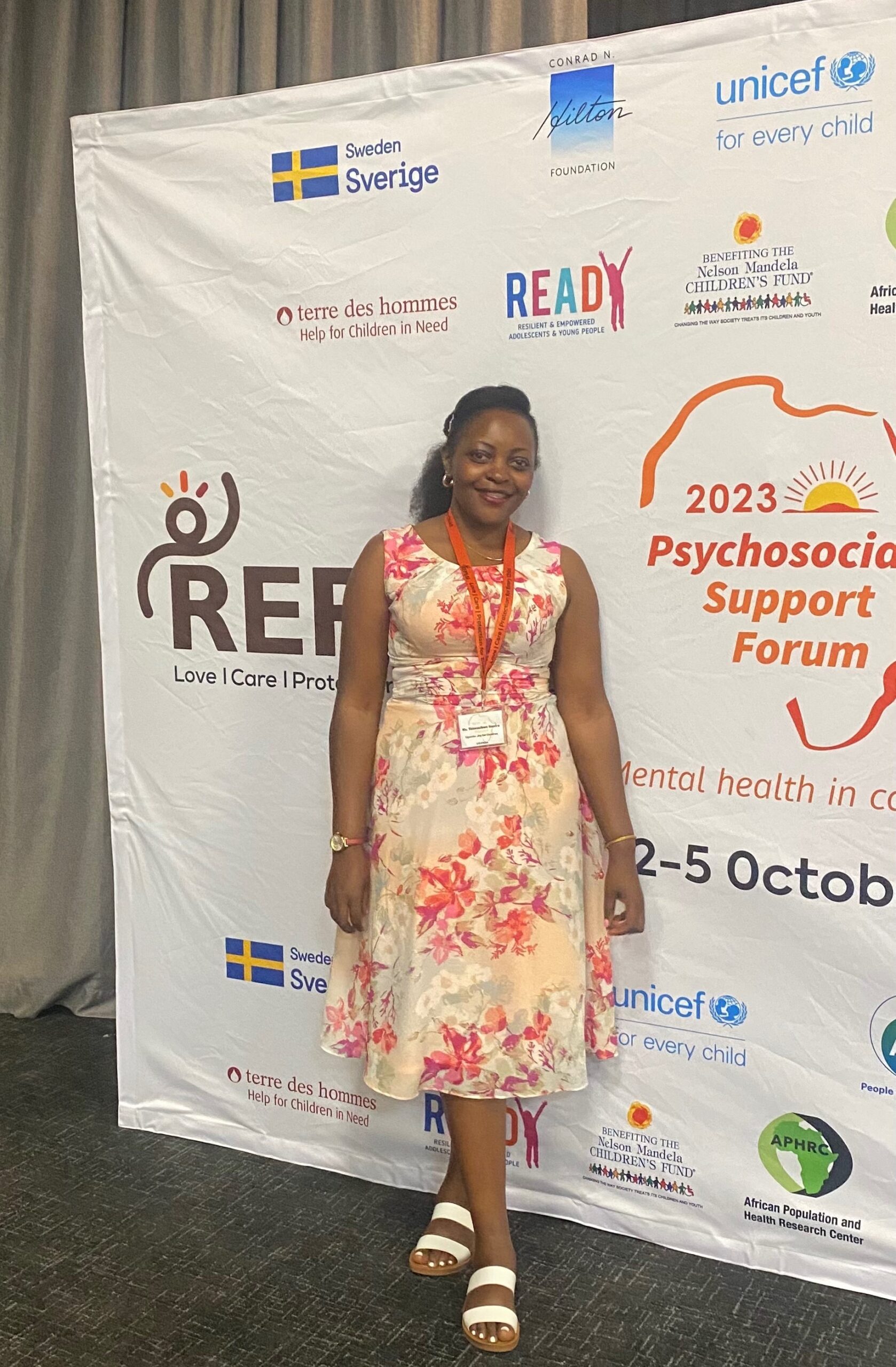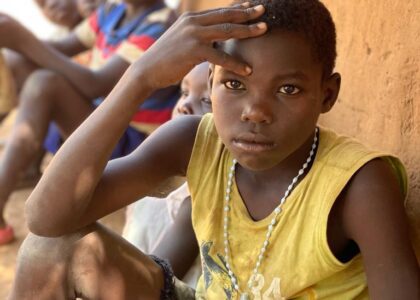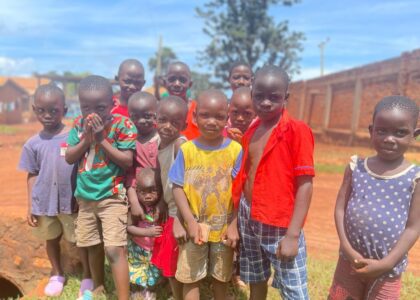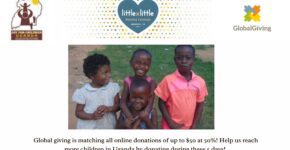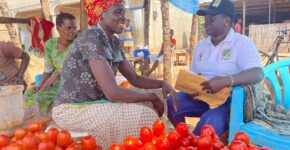PROMOTING POSITIVE MASCULINITIES AMONG MEN AND BOYS TO END CHILD MARRIAGE
Child marriage is a pervasive issue in many parts of the world, with a multitude of contributing factors, one of which is toxic masculinity. To combat this harmful practice, it is essential to promote positive masculinity among men, encouraging them to be respectful, responsible, and empathetic.

